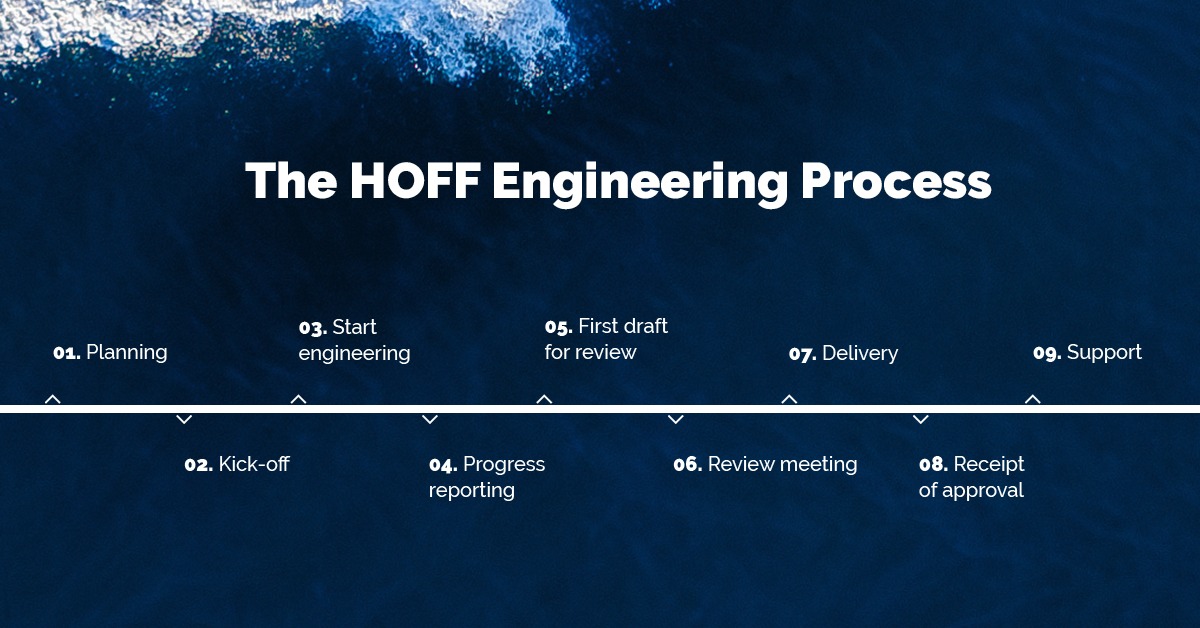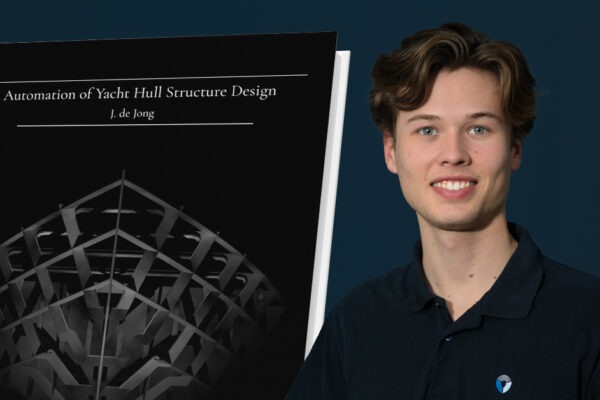
In the dynamic world of engineering, a structured approach is essential to ensure efficiency, quality, and success. The HOFF engineering process provides a comprehensive roadmap that guides projects from inception to completion, incorporating key milestones and best practices along the way. Let’s explore each step of the HOFF engineering process and its significance in driving projects forward.
- Planning
Every successful engineering project begins with careful planning. During the planning phase we define in close collaboration with our client the project objectives, scope, and requirements, along with timelines, resources, and budget allocations. Clear and comprehensive planning sets the stage for a successful project execution and helps mitigate risks and uncertainties.
- Kick-off
The kick-off marks the official start of the engineering project. It brings together key stakeholders, including project managers, engineers, clients, and other relevant parties, to align on project goals, expectations, and deliverables. The kick-off meeting sets the tone for collaboration and establishes a shared understanding of project requirements and timelines.
- Start Engineering
With the groundwork laid during the planning and kick-off phases, engineering activities commence in earnest. This phase involves conducting detailed design work, engineering analyses, and other technical activities to develop solutions that meet project specifications. Collaboration among team members is crucial during this phase to ensure alignment and efficiency.
- Progress Reporting
Regular progress reporting keeps stakeholders informed about the status of the project and helps identify any issues or challenges that may arise. Progress reports typically include updates on milestones achieved, work completed, and any deviations from the original plan. Transparent communication and timely reporting foster accountability and enable proactive problem-solving.
- First Draft for Review
Once initial engineering work is completed, a first draft of deliverables is prepared for review. This draft serves as a basis for feedback and validation from stakeholders, allowing for early identification of any discrepancies or areas for improvement. Reviewing the first draft ensures that the final deliverables meet expectations and requirements.
- Review Meeting
The review meeting brings together project stakeholders to discuss the first draft and provide feedback. During the meeting, issues are identified, questions are addressed, and revisions are proposed as needed. Effective communication and collaboration during the review meeting are essential to ensure that feedback is incorporated thoughtfully and that project objectives are met.
- Delivery
Upon completion of revisions and finalization of deliverables, the project is ready for delivery to the client or end-user. Delivery marks the culmination of the engineering process and represents the achievement of project goals and objectives. Deliverables are handed over to the client along with any relevant documentation and support materials.
- Receipt of Approval
Following delivery, the client reviews the deliverables and provides approval or feedback. Receipt of approval signifies the successful completion of the project and validates the efforts of the engineering team. Any outstanding issues or feedback are addressed promptly to ensure client satisfaction and project closure.
- Support
Even after project completion, the engineering team remains available to provide support as needed. Whether addressing post-delivery inquiries, troubleshooting issues, or offering ongoing maintenance and support, the team is committed to ensuring the continued success and satisfaction of the client.
The HOFF engineering process offers a structured and systematic approach to engineering endeavours, guiding teams through each stage with clarity and purpose. While this way of working may seem logical, it is not standard in the industry. However, its efficacy in promoting efficiency, collaboration, and precision makes it a valuable framework for engineering success. As industries evolve and challenges grow, embracing innovative approaches like the HOFF engineering process can pave the way for continued excellence and advancement in engineering practices. By following the steps outlined above, engineering projects can be completed efficiently, effectively, and with a focus on delivering high-quality solutions that meet client needs and expectations.






More articles